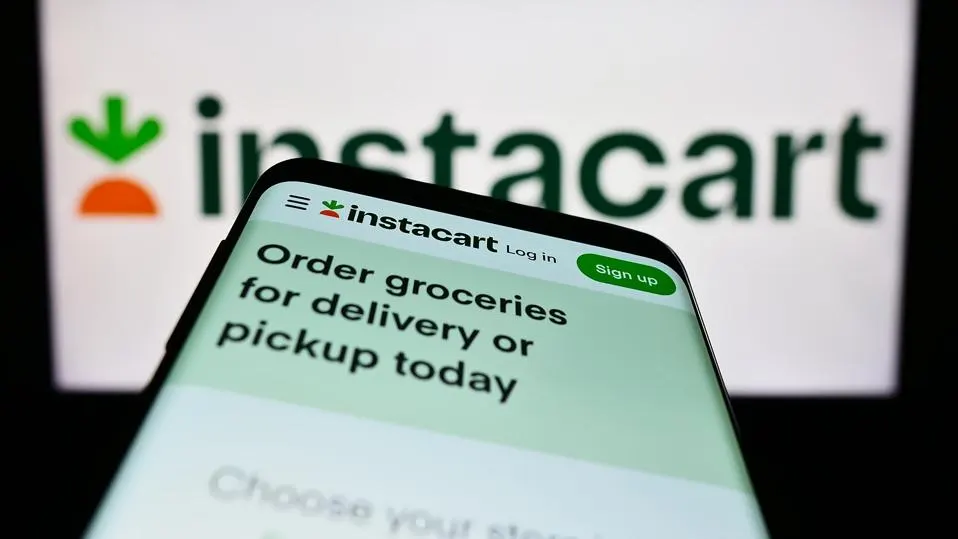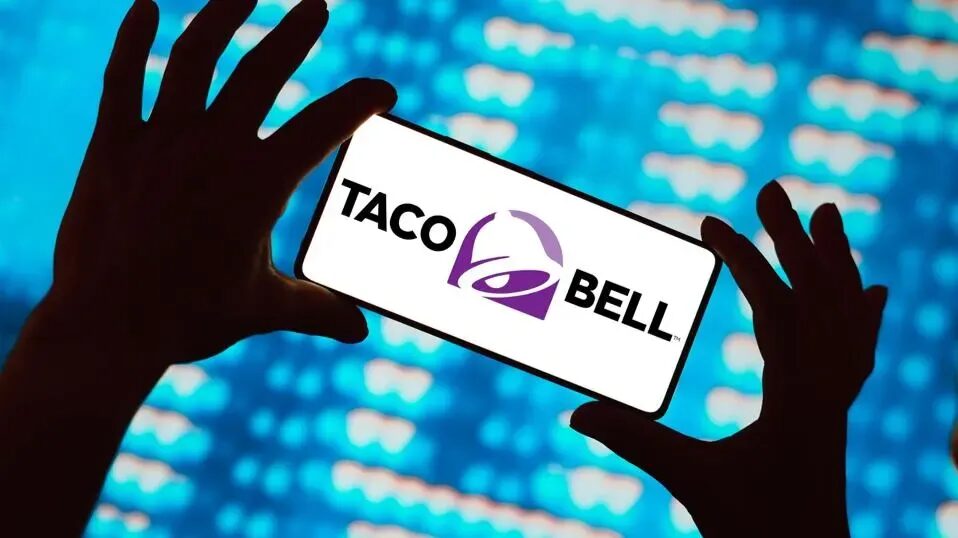Instacart Harnesses Generative AI To Revolutionize Grocery Delivery Experience
22 April 2024
Grocery delivery and pickup service Instacart is not shy about adopting new technologies. So, it makes sense that the company has embraced generative AI across the business. In this article, we’ll explore how Instacart is using generative AI to deliver a better service to customers and drive its business forward.
The “Ask Instacart” Feature
One of the first ways Instacart deployed generative AI was its Ask Instacart feature, an AI search tool underpinned by OpenAI’s ChatGPT. Embedded directly in the Instacart app’s search bar, Ask Instacart is designed to help customers answer questions and get personalized recommendations. It also provides information on product attributes, dietary considerations, and info on food preparation. So, a customer can ask a question such as, “What dishes can I serve alongside a roast chicken?” or “What are some options for gluten-free snacks?” and the app will provide answers and recommendations. Answers are based on the customer’s shopping history but are also designed to encourage customers to try new products. It’s also easy to use – customers can simply type their questions directly into the search bar and receive personalized responses.
This is all designed to save customers time and make Instacart a one-stop service. Ordinarily, a customer might head to Google to find out about dietary restrictions or to get recommendations for snacks, then head to Instacart to place their order. But now, it can all be done within the Instacart app.

Ask Instacart cemented Instacart’s reputation as an early adopter of generative AI. But how else is the company deploying generative AI?
Generating Recipes With The Instacart Plugin For ChatGPT
Instacart was also one of the early companies to create a plugin for ChatGPT, designed to help customers access recipes and then instantly shop for the necessary items via Instacart. Say you want to make a carrot cake. With the Instacart ChatGPT plugin, you can ask for a recipe for a carrot cake, and then create an instant shopping list based on the ingredients you already have, and get the remaining ingredients delivered to your door via Instacart.
Instacart has also been using generative AI to create accompanying photos for AI-generated recipes. (However, users have noted the photos can look a bit freaky and disturbing at times.)
Streamlining Internal Processes With Generative AI
Instacart is using generative AI internally in several ways, such as to reduce manual work, increase productivity, and improve operations. For example, the company has developed internal chatbots using generative AI – chatbots trained on internal and external data that are designed to help employees access information and answer FAQs. In other words, generative AI is used to harness the vast amounts of data that Instacart has, helping employees analyze that data and access insights. This helps to democratize access to data within the company.
The company is even using generative AI to write computer code, enhance existing code, and translate code between programming languages. In one example, Instacart migrated its business intelligence tools and needed to generate new custom Python code to support data visualizations. Using generative AI co-coding tools, the team was able to quickly generate that code. This shows how generative AI is a valuable productivity tool for internal teams, helping them to work faster and smarter.
Plus, generative AI is used to respond. When retailers get in touch with requests, generative AI is used to convert those ticket requests into simple summaries and labels. For example, tickets might be categorized according to requests for new product features or bugs that need fixing. Thanks to generative AI’s ability to classify and group tickets, the team is better able to prioritize requests, avoid duplication of efforts, and identify patterns across different tickets. In other words, it helps the team save time and better serve retail partners.
And this is all in addition to using generative AI to build new product experiences, like the Ask Instacart feature.
Bottom line, AI and generative AI sit at the heart of everything Instacart does – from delivering new customer experiences to streamlining internal operations. That’s something almost every company could learn from.
Related Articles
Bridging The AI Divide: Why Europe’s AI Future Depends On Transformative Innovation
By now, “smart” versions exist of just about every home appliance, gadget and gizmos we can think of. However, manufacturers continue[...]
Forget ChatGPT: Why AI Agents Are The Real Game-Changer For Financial Services
By now, “smart” versions exist of just about every home appliance, gadget and gizmos we can think of. However, manufacturers continue[...]
Agentic AI Enters Management: Taco Bell’s Byte-Sized Approach To Virtual Restaurant Leadership
By now, “smart” versions exist of just about every home appliance, gadget and gizmos we can think of. However, manufacturers continue[...]
Beyond ChatGPT: The 5 Toughest Challenges On The Path To AGI
By now, “smart” versions exist of just about every home appliance, gadget and gizmos we can think of. However, manufacturers continue[...]
The AI Leadership Crisis: Why Chief AI Officers Are Failing (And How To Fix It)
By now, “smart” versions exist of just about every home appliance, gadget and gizmos we can think of. However, manufacturers continue[...]
15 Mind-Blowing AI Statistics Everyone Must Know About Now
By now, “smart” versions exist of just about every home appliance, gadget and gizmos we can think of. However, manufacturers continue[...]
Sign up to Stay in Touch!
Bernard Marr is a world-renowned futurist, influencer and thought leader in the fields of business and technology, with a passion for using technology for the good of humanity.
He is a best-selling author of over 20 books, writes a regular column for Forbes and advises and coaches many of the world’s best-known organisations.
He has a combined following of 4 million people across his social media channels and newsletters and was ranked by LinkedIn as one of the top 5 business influencers in the world.
Bernard’s latest book is ‘Generative AI in Practice’.










Social Media